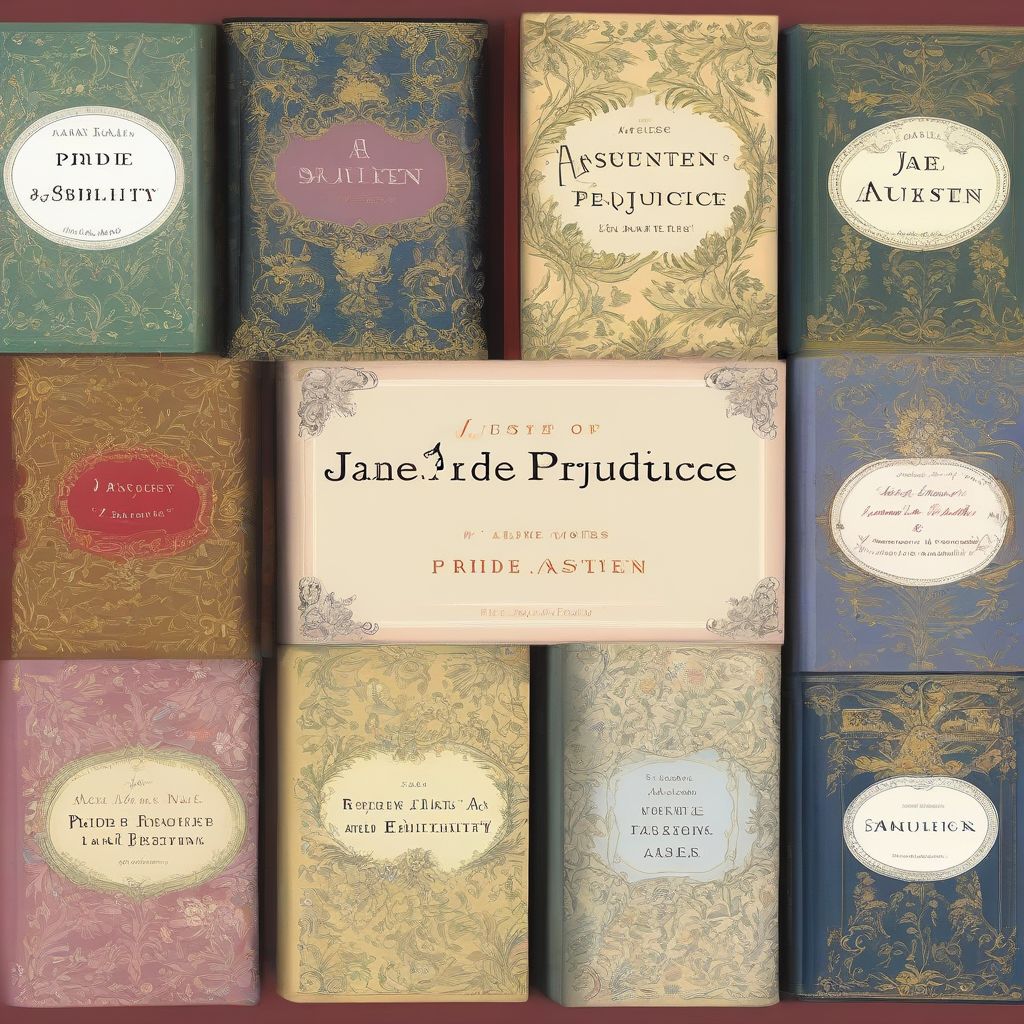Have you ever curled up with a good book and felt completely transported to another world? That’s the magic of great literature, and it’s all thanks to the incredible authors who craft these timeless stories. But who are the greatest authors in literary history? Join me as we shine a spotlight on some of the most influential figures whose words have shaped our world and continue to resonate with readers generations later.
Delving into the World of Literary Giants
Defining “greatest” in the context of literature is inherently subjective. Every reader carries their own preferences, cultural influences, and personal connections to the stories they encounter. However, some authors transcend personal taste and earn their place in the literary canon through the sheer power of their prose, the universality of their themes, and their enduring impact on literature itself.
William Shakespeare: The Bard of Avon
No exploration of literary greats would be complete without acknowledging the unparalleled William Shakespeare. Born in Stratford-upon-Avon in 1564, Shakespeare’s plays are considered the pinnacle of English literature. From the tragic love story of “Romeo and Juliet” to the gripping political drama of “Julius Caesar,” Shakespeare’s works explore the full spectrum of human emotion and experience with unmatched depth and eloquence.
What makes Shakespeare so great?
- Timeless themes: Love, loss, jealousy, ambition, revenge – Shakespeare’s plays tackle universal themes that continue to resonate with audiences centuries later.
- Unforgettable characters: From the melancholy Hamlet to the ambitious Macbeth, Shakespeare created some of the most iconic and enduring characters in literary history.
- Lyrical language: Shakespeare’s mastery of language is undeniable. He invented new words, crafted beautiful imagery, and wrote dialogue that feels both poetic and strikingly realistic.
Jane Austen: A Master of Social Commentary
Jane Austen, born in 1775, offered a witty and insightful commentary on 19th-century English society. Through her beloved novels like “Pride and Prejudice” and “Sense and Sensibility,” Austen gave us unforgettable female characters navigating the complexities of love, marriage, and social expectations in a patriarchal society. Her works remain popular today not only for their romantic appeal but also for their sharp social commentary and timeless exploration of human relationships.
Why Jane Austen continues to captivate us:
- Wit and social satire: Austen’s writing is full of wit and irony, poking fun at the social conventions and hypocrisies of her time.
- Enduring romance: While offering social critique, Austen’s novels also deliver heartwarming and enduring love stories that continue to charm readers.
- Strong female characters: In an era where women had limited societal roles, Austen’s novels presented intelligent, independent female characters who challenged societal norms.
 Jane Austen Books
Jane Austen Books
Leo Tolstoy: Exploring the Depths of the Human Soul
Leo Tolstoy, a Russian novelist born in 1828, is best known for his epic novels “War and Peace” and “Anna Karenina.” Tolstoy’s works are characterized by their philosophical depth, psychological realism, and exploration of complex moral and social issues. His characters grapple with love, loss, faith, family, and the search for meaning in a world often filled with suffering.
What makes Tolstoy’s work so powerful?
- Epic scope: Tolstoy’s novels often span vast periods, offering panoramic views of history and society while simultaneously delving into the intimate lives of his characters.
- Moral and philosophical exploration: Tolstoy grappled with profound questions about life, death, love, and the human condition, inviting readers to contemplate these themes alongside his characters.
- Psychological realism: Tolstoy had an uncanny ability to portray the inner lives and motivations of his characters with remarkable depth and realism.
Gabriel García Márquez: A Pioneer of Magical Realism
Gabriel García Márquez, a Colombian novelist and journalist born in 1927, is celebrated for his unique style of magical realism. In novels like “One Hundred Years of Solitude” and “Love in the Time of Cholera,” Márquez blended fantastical elements with everyday life, creating a world where the extraordinary felt seamlessly intertwined with the ordinary. His work often explored themes of love, loss, family, and the cyclical nature of history, all set against the backdrop of his native Latin America.
The allure of Márquez’s magical realism:
- Blending of fantasy and reality: Márquez blurred the lines between the magical and the mundane, creating a dreamlike atmosphere that drew readers into his richly imagined worlds.
- Lyrical prose: His writing style was captivating and poetic, characterized by its vivid imagery and lyrical language.
- Exploration of Latin American identity: Márquez’s work provided a unique and powerful perspective on Latin American culture, history, and politics.
Why Do We Celebrate Literary Greats?
Reflecting on the works of these literary masters reminds us of the power of language to transport, inspire, and challenge us. They offer timeless insights into the human condition, provide windows into different cultures and time periods, and encourage us to think critically about the world around us.
These are just a few of the many remarkable authors who have shaped literary history. Who are some of your favorite authors and why?
[amazon bestseller=”literary classics”]
